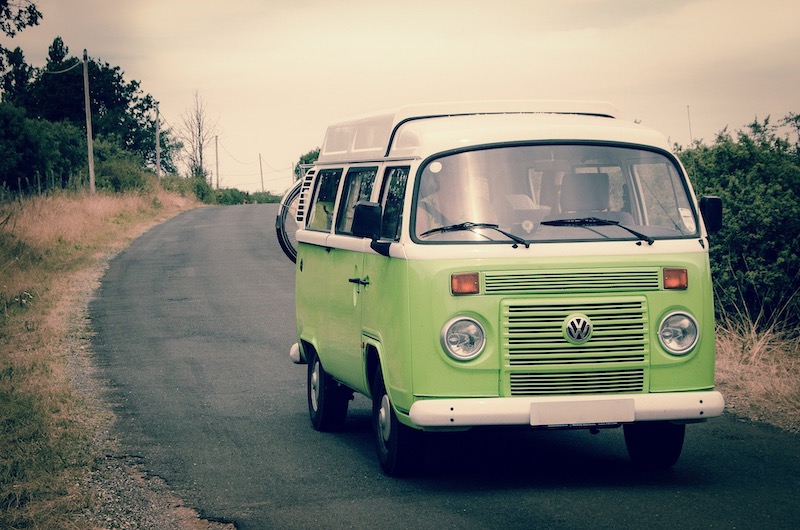In advance of the 2021 tourism season, Members of The Highland Council’s Tourism Committee have agreed that the local authority will continue to work and engage with partners, national agencies and local communities to meet the challenges and opportunities that exist in the region for motorhomes and wild camping tourism.

Councillor Maxine Smith, Tourism Committee Chair said:
“While coronavirus and the increased demand for staycations in the UK have played a large part in the massive increase in demands placed on the Highlands of Scotland from across the UK, the evidence does show that motorhome ownership and hire has been increasing over recent years.
“These factors and the relatively cheap availability of tents and mass tent ownership all point to the need for joint future management plans to meet tourism needs next season and for future years.
“We will continue to work with partners in Scottish Government, NatureScot, VisitScotland, Highlands and Islands Enterprise, SEPA, Scottish Water, CAMPA, and local groups to ensure that we maximise the opportunities for tourism in the Highlands while minimising the risks to our communities.”
“The Council is also open to hearing from landowners who are interested in providing simple short stay facilities known on the continent as ‘Aires’.
“Primarily these provide short overnight basic stopping facilities for people on longer journeys that bring economic benefit to local businesses from those overnighting at an Aire.
“It may be that you are a farmer with a spare field or someone with an extra-large garden, but we need to start thinking more commercially as well as trying to alleviate any issues caused by motorhomes.
“We welcome tourists in the Highlands, but we need to make sure we have the right infrastructure in place for them.
“Anyone with any initial queries about ‘Aires’ can please email the Council’s Tourism Officer colin.simpson@highland.gov.uk.”
Councillors have today discussed the problems that were experienced throughout the Highlands largely since the easing of lockdown in mid-July onwards with a marked increase of visitors participating in ‘informal’ camping in motorhomes and wild camping in tents.
Members noted the legal differences between the two activities and the differing approaches required to address them.
Cllr Smith added:
“We welcome new research on the economic impact of motorhome visitors to the region expected to take place later this year and look forward to hearing the findings of this work which will be supported by Highlands and Islands Enterprise.
“We also commend the work of CAMPA (The Campervan and Motorhome Professional Association) which Highland Council worked with since the 2019 season.
“They have produced guidance for motorhome hire customers on a range of topics including informal camping, safe driving practices, and environmental awareness.”
Members discussed a range of issues experienced in Highland that have been created by informal motorhome camping including overnight parking, waste disposal, and refuse and recycling.
Councillors welcomed that Lochinver, Helmsdale, Bonar Bridge, and Cromarty currently have plans to develop more dedicated overnight parking sites for motorhomes through the Rural Tourism Infrastructure Fund – such as those already provided at Kinlochbervie and Keiss.
They also noted the opportunities available for private landowners to open access for small scale overnight stopping points.
Members also discussed the much-misunderstood legalities and terminology of ‘wild camping’ and the cumulative effects of irresponsible behaviours experienced this season in particular.
Members supported further investigations into provision of more formal campsite spaces and bins and toilets; better promotion of appropriate camping behaviour; increased local advice and guidance; restrictions on alcohol consumption and improved parking management in certain locations and more robust enforcement of wild camping that is not compliant with the Scottish Outdoor Access Code.



